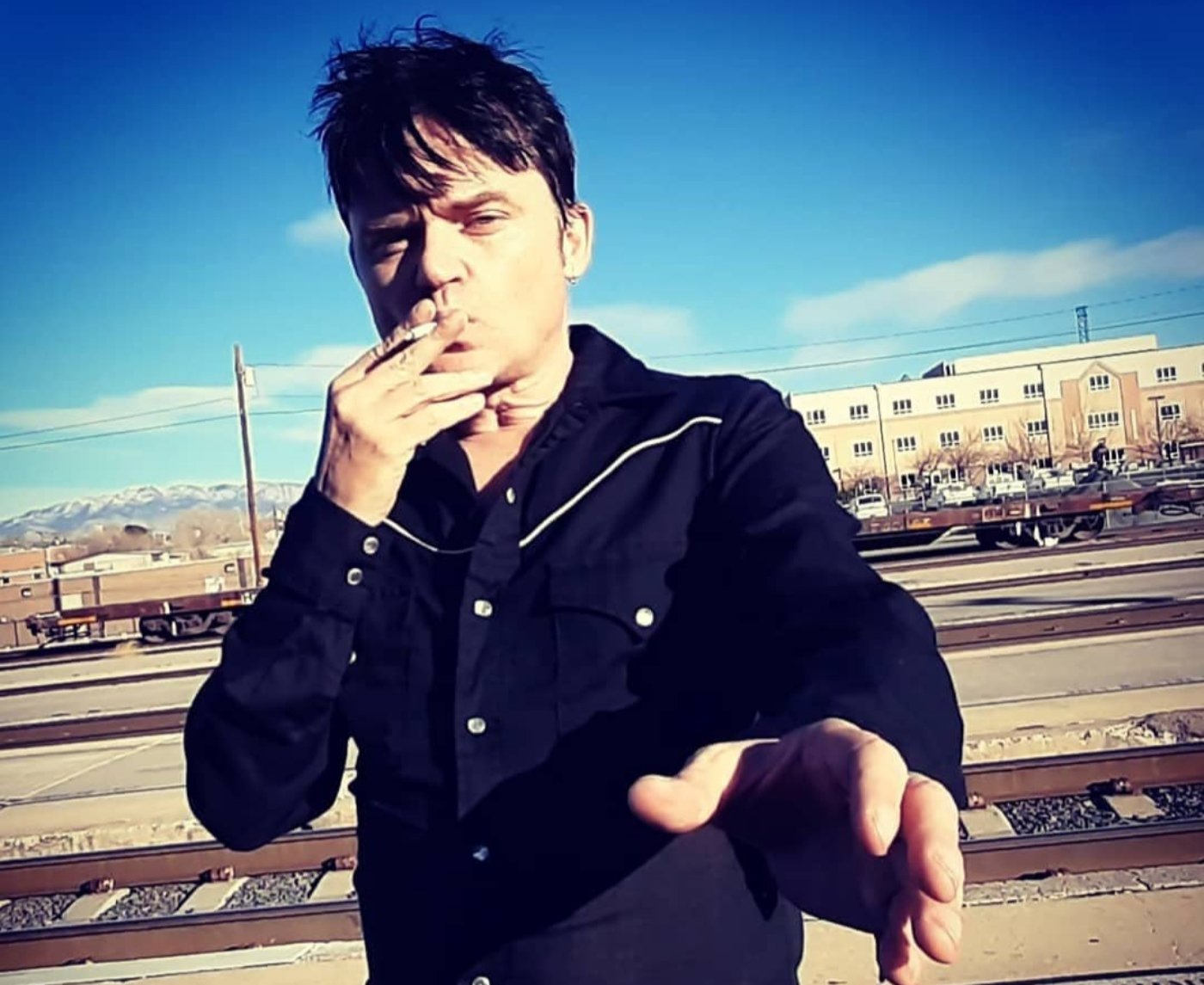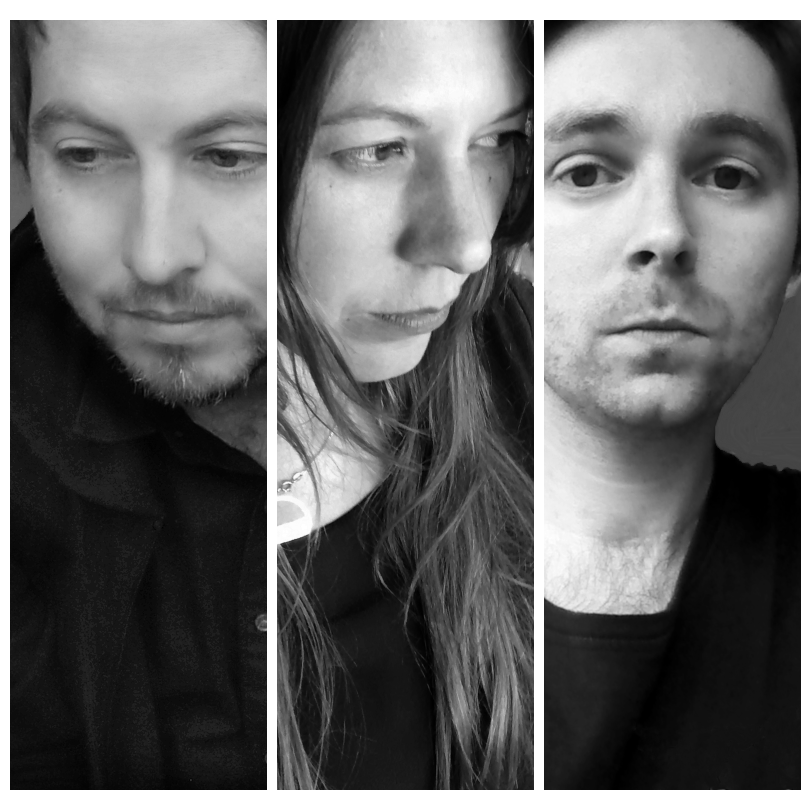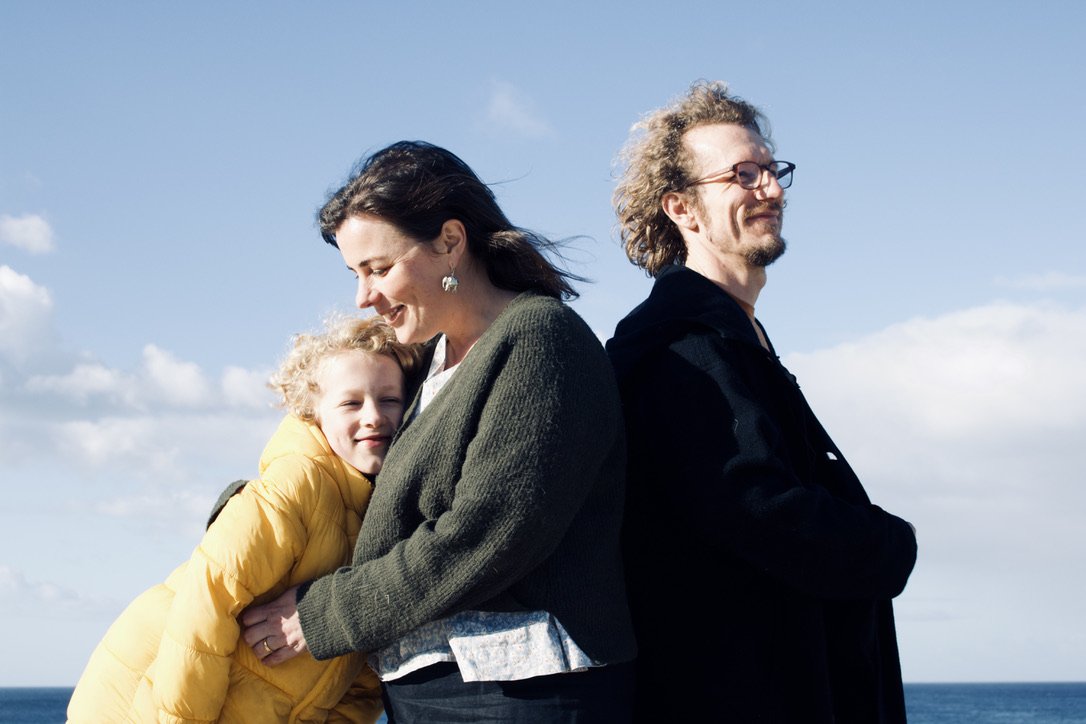Out of Touch with ‘Reel-ality’
RACHEL SOO THOW - 11 NOV 2022
PHOTO SUPPLIED
I’ve been thinking a lot lately about what it means to be a part of the book community, and in some ways, I have good and bad reasons. The latter I’ll go into detail later. I started my account on Instagram (@thelitlist__) for the sole purpose of providing a journal of my literary thoughts and establishing social relationships between myself and those that also found true happiness in the world of literature and reading.
As the years have worn on, it’s become apparent to me and a few others that so, so much has arisen from such a simple task – as a reader in my generation, I feel like I’m constantly being pushed and pulled to steep myself in the science of ‘Bookstagram’ (Bookstagram = what the book community likes to call that section of Instagram that’s just talking to books through reviews and the like) and its complex and fragile contagions that seem to provide more pressure and anxiety than bouts of joy. The separation and the seclusion felt due to the Gen Z’s taking over this side of Instagram is real. Instagram and its weird AF algorithms are real. The 9-to-5 full-time jobs we encompass — whether through motherhood, the daily grind of staring at multiple screens, or working with patients and so forth — is real. The question becomes: Why bother with this account when the influx of book accounts that are popping up every day seek to consume our time with reels, videos, and a focus on numerical views?
Do you continue to follow the trending waves, or run away from your fear?
The very fear that the younger generation could be taking over traditional routines, transforming the so-called mundane into the next 10-second trend with hashtags galore (or are hashtags not popular anymore? God knows)? There are countless accounts that I’ve found that seek to manipulate readers just like a film producer would — the flashy reels and the movie references, scenes flashing across screens in an aesthetic blur — they work to fulfil the expectations of readers and serve temporarily as a form of ‘click bait’. Some readers crave a salacious experience that encompasses the repeated platitudes they see and hear on television and radio, and whilst these distractions are imminent, a part of me feels a little sorrow in where this community first began and what it is to become.
“Is reading still cathartic anymore?”
Am I reading too much into this? Is this what old age feels like or am I just rambling and will regret this later because it could be that time of the month and I fucking question everything during this time? Meh. I’m doing it anyways. Sometimes my Virgo ego hates me for making decisions like this. My own tolerance for seeing amazing, in-depth book reviews get less love over reels raving on about fashion etc using the latest and trending Instagram tune leaves me breathless, and not in a good way. The common threads of anger, emptiness, loneliness, inferiority, and an unloved mode of existence proves that our emotions do not exist in a vacuum. We’re firing on all pistons, and the paranoia that emerges when writing a review or any opinion piece leaves us with a feeling of dread: I hope I didn’t sound too pretentious. Am I doing it wrong? Was that the wrong message to be taking away from the novel? Did I just completely miss the mark?
There’s nowhere to hide.
The deadly pestilence of technology injects its way through our screens, and it’s interesting to see how others choose to work through this: there are those who choose to withdraw, and others who throw themselves into the matrix and madness of it all. A type of vulnerability emerges. The authenticity of agency and passion is questioned. Instagram becomes tragic and comical — it’s hard to relax when the Instagram profile grid isn’t cohesive, right? LOL. Is reading still cathartic anymore? The very survival of the OGs is threatened. It’s a survival of the most relevant — a sociological reality emerges that makes everyone the most vulnerable, and narratives are questioned; a dubious reduction of literary craft and criticism to squares. Does anyone even read our lengthy book reviews anymore? The reviews that we pour our hearts into? Some of us aren’t just annotating for nothing, y’all.
Then there’s the shift to BookTok — yes, you heard right. There was Tiktok and now the book community has enlisted its own version seeking to centralise literary details into thirty second videos. The blurs, the mushy details, and our ability to cross the thresholds of technology with such ease is terrifying. The reality of our circadian rhythms and attraction to routine is synonymous with our generation — perhaps in the sense that we’ve been conditioned to think in such an essentialist and static way that anything else serves to deter from the mission. What is this mission? A temporal existence built on self-contained dependency and traditionalist commentary? Not only does our generation suffer from ‘burnout’, but now time becomes a form of armour; the very depth of our neuroses seeks to codify our experiences through repetition and expectation. It’s so damn hard to find the time and when we do, we’re in competition with societal prejudice, social time, personal events, milestones, and issues of adulting and life admin. Take your pick.
The architectural convention we have coded into our structural interiors seeks to reach for something that isn’t there. Time. Sleep. The notion of positivism. Do we have time to sit down and watch YouTube videos boasting about the latest and greatest novel on The New York Times bestseller list? Sometimes. Sometimes never. It seems weird, in a way, to have that time to sit and watch videos anymore — a tunnel of feelings streaming freely through our screens. A technological trajectory seeking to affect our literary perception of the world with emotion and the demon of dependency. This very dependency evokes horror. Just thinking about putting yourself in the hands of another’s consciousness is horrible. It could almost be likened to the operations of the culture industry – do we have to be labelled as ‘Booktubers’ in order for it to be recognised that we are talking about books? Do we have to ensure that every picture on our ‘gram includes a book in order to exist in the book community? It’s like being tainted from some invisible force that deems you ‘relevant’ and deserving of the role as ‘part-entertainer’.
“… a condition of age, facts versus fakery – whilst fiction will always provide a
form of escape through its imaginary ramblings, the contamination of the latest
and trending will always permeate through.”
The older I get, the more I feel like I’m having to prove myself within the spheres of a modulating and ever-changing society — clinging to a lifebuoy which the opposition simply disregards with a trending edit. This seems to be a condition of age, of facts versus fakery – whilst fiction will always provide a form of escape through its imaginary ramblings, the contamination of the latest and trending will always permeate through. Bookstagram has become something of the ‘other’ — it seems to weave in its mantra of what readers should be reading: that is, the latest trending reads are sometimes reduced to the aesthetic appeal of book covers, the hashtags, the challenges. It’s something that sometimes tries to flatten and simplify who we are as readers, and we should be very skeptical of this. As we are faced with constructing narratives, we should be questioning which narratives to accept and which ones we should question. It’s funny to think that so many of us have probably archived posts based on how we wanted our accounts to be portrayed in response to the changing times, but is this a testament of self-deprecation and an ode to the illusion of customary optimism? Much like the characters that inhabit our pages, we are flawed, and we are limited. We have to make bad choices sometimes and that’s okay. The desire to maintain symmetry within, to appreciate the effervescent art of such conversations and the humour and the architecture of camaraderie, idealises the integrity and maintenance of our sometimes obsessive, solitary, and conflicted thoughts.
What is it like to have a mind take flight? Will these stories continue, or will they cease to exist? Like photos taken for the ‘gram, then discarded to move onto the next ‘hot’ thing. Will we continue to feel more distant from this world? Or has the paradox of technology in all its extremity rendered itself permanent? Change is collective. We are not helpless, and even though we are fragile and vulnerable at times, we are complicated human beings, and these are not disqualifying traits. As the vulnerability piles up, here’s hoping our wit, agency and passion survive this neurotic wave.
We are readers filled with a showcase of feelings springing from a culture of perpetual expectation repurposed with trademark honesty.



![[Friday Feature] Valere: Interview & Review of Single/Video ‘Lily’s March’](https://images.squarespace-cdn.com/content/v1/60df978127837427ee475bb1/1712873492906-GFSK6SW4FJ2Z2STOJVAM/Valere+-+Photo+Credit+Hayden+Graham+%281%29.jpg)

![[Video Premiere] Sig Wilder & Friends: Video for ‘Texasman’ + Interview](https://images.squarespace-cdn.com/content/v1/60df978127837427ee475bb1/1699397388451-3GDFG0FOA5T5WPA33ANE/IMG_2393.JPG)


![[International] Jackson VanHorn Releases New EP ‘Liminal Music, Vol. 1’](https://images.squarespace-cdn.com/content/v1/60df978127837427ee475bb1/1695708847770-UF5H8G2X7N9Q9KF22TA5/Jackson+VanHorn+Liminal+Music+Vol+1.jpeg)

![[Friday Feature] Jazmine Mary: Interview + New Album ‘Dog’](https://images.squarespace-cdn.com/content/v1/60df978127837427ee475bb1/1686280012940-2OBAFHQ9HIJFIVNYE3CZ/JazmineMary_Album+image+no+text+-+Credit+-+Jim+Tannock.jpg)
![[Video Premiere] Emily Rice Releases New Single/Video ‘Warenoa’](https://images.squarespace-cdn.com/content/v1/60df978127837427ee475bb1/1685044212209-9X8UTD0I22FY3LAGKDHI/Press+Shot_+Photo+Credit%2C+Charles+Looker.jpg)


![[Australia] Benny Time: Interview + New Album ‘Benny and Friends’](https://images.squarespace-cdn.com/content/v1/60df978127837427ee475bb1/1653689671831-U73A00Y16B4PYUPIEY7X/Benny+Time+3596.jpg)











![[International] Alison Clancy: Poised for Greatness](https://images.squarespace-cdn.com/content/v1/60df978127837427ee475bb1/1645751104499-HT5MCDXMERC9SDSW4XW5/Alison+Clancy+Mutant+Gifts+Cover.jpeg)